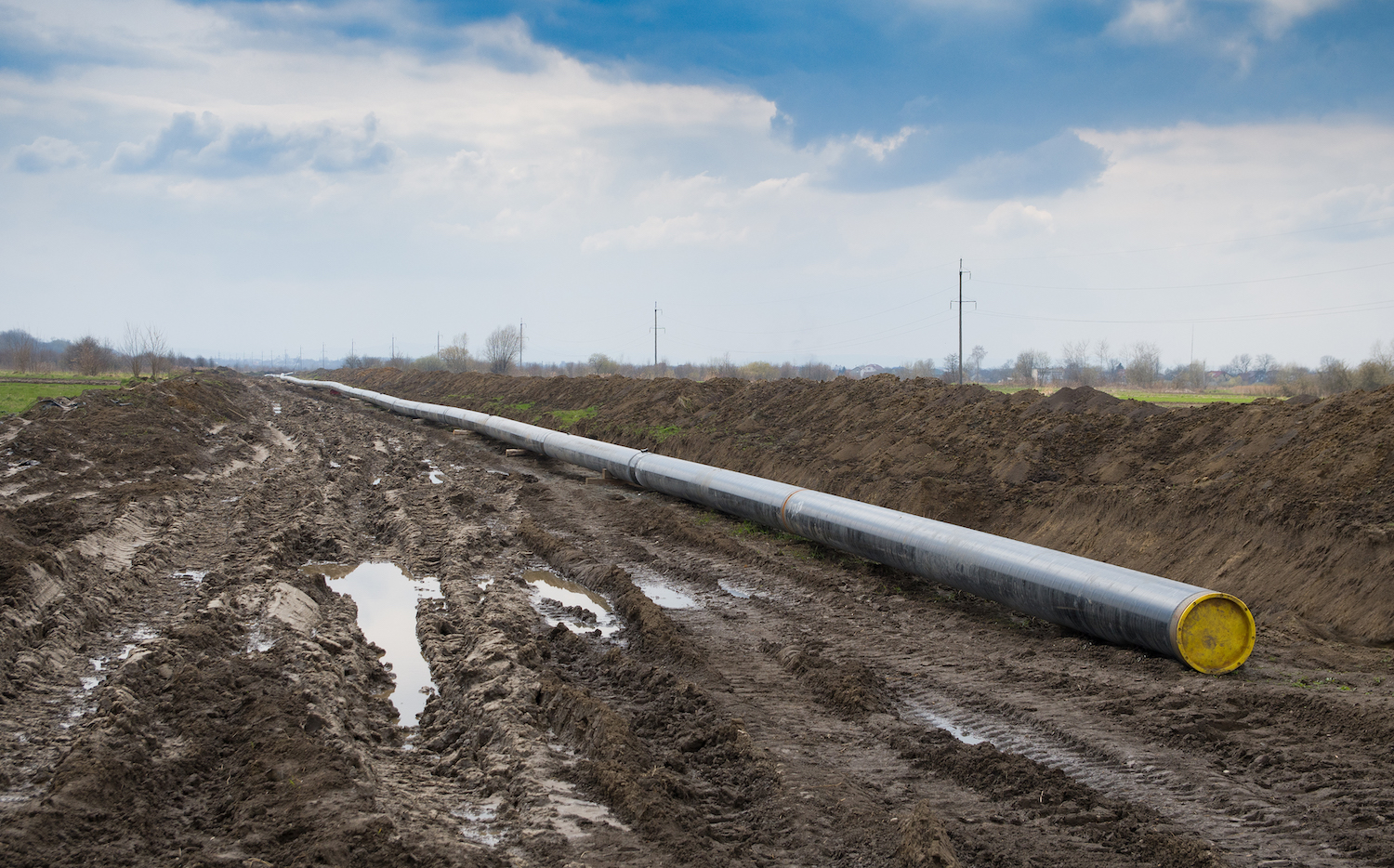Keystone XL Pipeline has no future based on current market trends

Shifts in Canadian oil sands production , U.S. pipeline development make Keystone XL unreasonable investment
Key Takeaways:
Cancellation of Keystone XL was deemed credit-positive for its sponsor, TC Energy. Investor and creditor perceptions of pipeline infrastructure projects like Keystone XL have generally shifted from positive to negative.
Although the rationale for Keystone XL was based on a belief of robust growth in oil sands production, the outlook for production growth has dropped significantly since 2014.
U.S. pipeline companies have leveraged existing excess capacity, modified by expansions and a major pipeline’s reversal of flow direction, to feed a similar amount of Canada oil into U.S. Gulf Coast markets, but in a more economical and flexible approach better suited to adapt to transitions in the energy market.
Increasing competition from electrification in the vehicle market is likely over time to diminish demand for gasoline, a major end use for heavy oil. Meanwhile U.S. imports of crude oil have dropped by 43 percent since 2005.
June 27, 2022 (IEEFA)— Despite recent suggestions about reviving the cancelled Keystone XL pipeline project to move oil from Canada to the United States, the latest report by the Institute for Energy Economics and Financial Analysis (IEEFA) confirms the project still has no future based on current market forces and investment principles. The project was troubled from the start and has only become less viable since its cancellation.
Undertaking a massive infrastructure project to move more heavy crude product from Canada’s oil sands to refineries in the U.S. Gulf of Mexico makes no sense because of:
- Slowing growth in Canada oil sands production;
- A more economical realignment and expansion of pre-existing pipeline capacity; and
- The increasing competition from electric-powered vehicles that threatens the future of the gasoline market, a primary end use for heavy oil.
“The original rationale behind the Keystone XL project was based on a belief in robust growth in oil sands production, but that production growth has dropped significantly since 2014,” said Suzanne Mattei, an IEEFA energy policy analyst and co-author of the report. “Oil sands production is expected to continue to decline, and total U.S. oil imports are in decline, as well. In the meantime, consumer demand is expected to shrink with the increased use of electric-powered vehicles. This is not a good scenario for major new capital investment.”
The report examines the project in light of current energy market conditions and identifies key factors showing the lack of need for the project. The cancellation of Keystone XL was deemed credit-positive for the project’s sponsor, U.S. pipeline companies are already exporting a similar amount of Canada oil into Gulf Coast markets, and the transition to electrification is diminishing demand for gasoline.
On top of current and projected market conditions, Canada’s increasing commitment to lower greenhouse gas emissions and focus on more ambitious climate policies means private investors are unlikely to invest in the pipeline.
Full Report: Why the Now-abandoned Keystone XL Pipeline Was Troubled From the Start and Today Would Not Serve Its Purpose
Author Contact
Omar Mawji ([email protected]) IEEFA energy finance Canada Analyst
Suzanne Mattei ([email protected]) IEEFA energy policy analyst
Media Contact
Susan Torres ([email protected]), +1 908-565-3451
About IEEFA
The Institute for Energy Economics and Financial Analysis (IEEFA) examines issues related to energy markets, trends and policies. IEEFA’s mission is to accelerate the transition to a diverse, sustainable and profitable energy economy.














